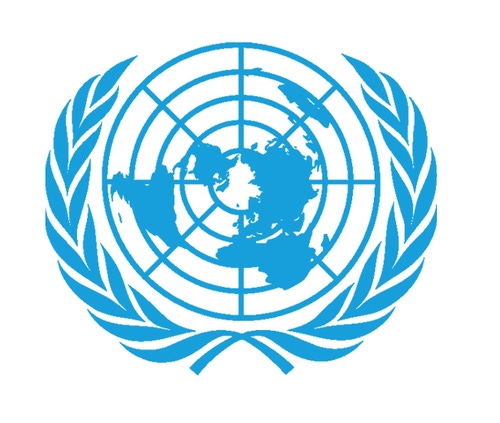The UN Broadband Commission for Digital Development has released its first-ever report on the state of broadband deployment worldwide, and finds that while household Internet access has seen strong growth over the past year and is on track to achieve Commission targets, individual Internet use continues to lag behind.
October 2, 2012

The UN Broadband Commission for Digital Development has released its first-ever report on the state of broadband deployment worldwide, and finds that while household Internet access has seen strong growth over the past year and is on track to achieve Commission targets, individual Internet use continues to lag behind.
The report evaluates the roll-out of broadband around the world and provides country rankings across up to 177 economies on economic impact, penetration, national broadband policy, and connecting people and dwellings.
The report was released at the sixth meeting of the Commission, and welcomed by UN Secretary-General Ban Ki-moon, who called broadband a “transformative technology that has the potential to spark advances across all three pillars of sustainable development: economic prosperity, social inclusion and environmental sustainability.”
Despite progress in broadband rollouts around the world however, the Commission remains concerned that individual Internet use continues to lag behind in many countries, and predicts that mobile broadband could prove the platform for achieving the boost needed to get progress back on track.
The report also notes a strong linguistic shift now taking place online. If current growth rates continue, it says, the number of Internet users accessing the Internet predominantly in Chinese will overtake English language users by 2015.
It goes on to outline a variety of ways in which broadband is improving the lives of people around the world, in m-health, distance education and m-learning, via m-payment systems, and in improving the lives of women, promoting innovation and fostering the acquisition of new skills.
It also reinforces a clear need for policy leadership to facilitate the deployment of broadband around the world. Today, some 119 countries now have a national broadband plan or policy in place, according to the Commission.
The full report can be found here.
About the Author(s)
You May Also Like








.png?width=300&auto=webp&quality=80&disable=upscale)


_1.jpg?width=300&auto=webp&quality=80&disable=upscale)


.png?width=800&auto=webp&quality=80&disable=upscale)